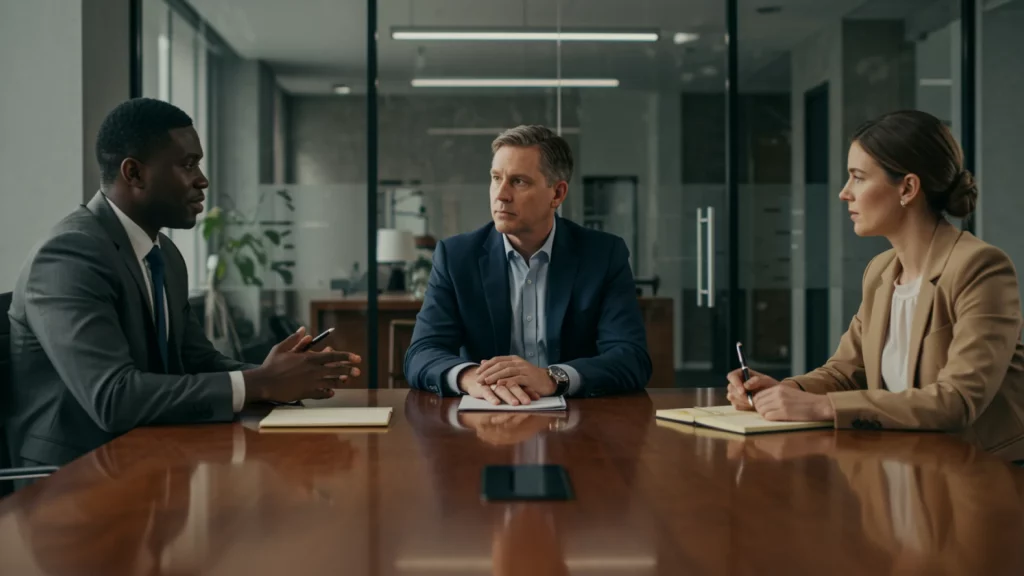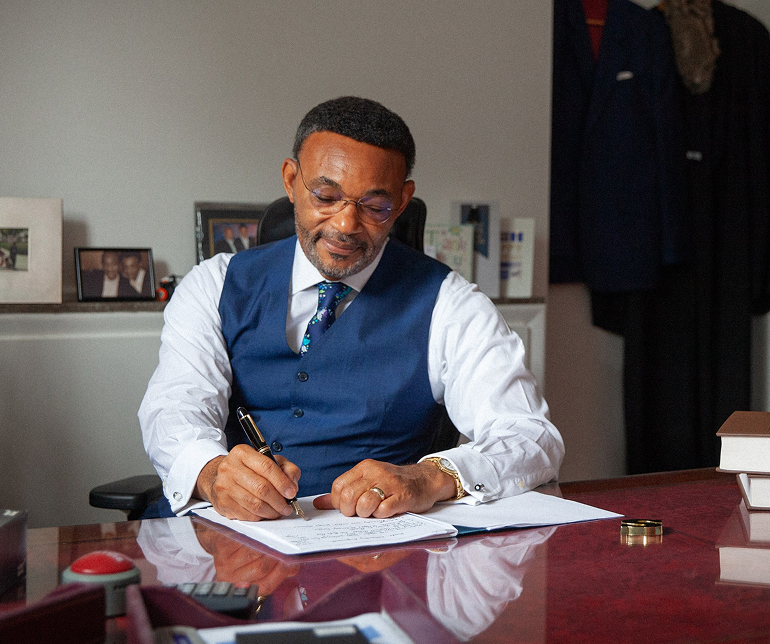Construction
What evidence do you need in adjudication?
- Written by: Samuel Okoronkwo
- Published on:


Share
Adjudication differs from litigation in many ways, one of those ways being that there are no formal rules for collecting and submitting evidence and supporting documents. Due to this, it can be a confusing process for those unfamiliar with adjudication. Either you may assume little to no evidence is needed, or you could prepare the wrong evidence in your panic to be prepared.
There is also the risk of overloading the adjudicator in an effort to be thorough. An important thing to remember here is that adjudication is supposed to be a quick and efficient process (typically 28 days). Therefore, the evidence prepared and presented must follow the same path.
To fully understand what evidence is needed for adjudication, you must first understand why it is needed.
Why is evidence needed in adjudication?
There are three main ways evidence and supporting documents are used in adjudication.
Support your claim: The merits of your claim must be strong, meaning you need to be able to back up your claim with facts and examples.
Provide context: The adjudicator needs to have a clear understanding of the situation, your evidence should provide this context.
Ensure a fair decision: For the adjudicator to make a fair decision, they must be well informed by both sides.
The evidence presented will greatly impact an adjudicator’s decision. Since they are an impartial third party, their only understanding of this case will be the claim itself and supporting documents. I have seen this first-hand how this can make or break a case.
An employer claimed widespread defects on a commercial build and, as a result, refused to release retention. We guided the contractor through adjudication, showing the works had been signed off and the employer’s evidence was insufficient. The adjudicator ordered release of the retention in full, allowing our client to close its account and redeploy resources.
What supporting documents should you submit as evidence?
The nature of each dispute should be taken into consideration during this process. However, the general rule is that any documents that directly relate to the dispute should be included.
For example:
A copy of the construction contract.
Communication between the parties (emails, letters, meeting recordings, etc.)
Project records such as work schedules and progress reports.
Financial statements (payment notices, invoices, etc.)
Any reports from independent experts
Witness statements
If the task of collecting and presenting supporting documents in adjudication is overwhelming you, get in touch with the team at Mercantile Barristers. Our experienced Adjudication Barristers are experts in providing advice and representation in construction adjudications for solicitors, employers, professional consultants, contractors and sub-contractors.
Learn more about adjudication and the support available to you by reviewing my latest webinar.
contact us
Contact Samuel Okoronkwo
Get in touch today to speak directly with Samuel Okoronkwo for expert legal advice and assistance.



